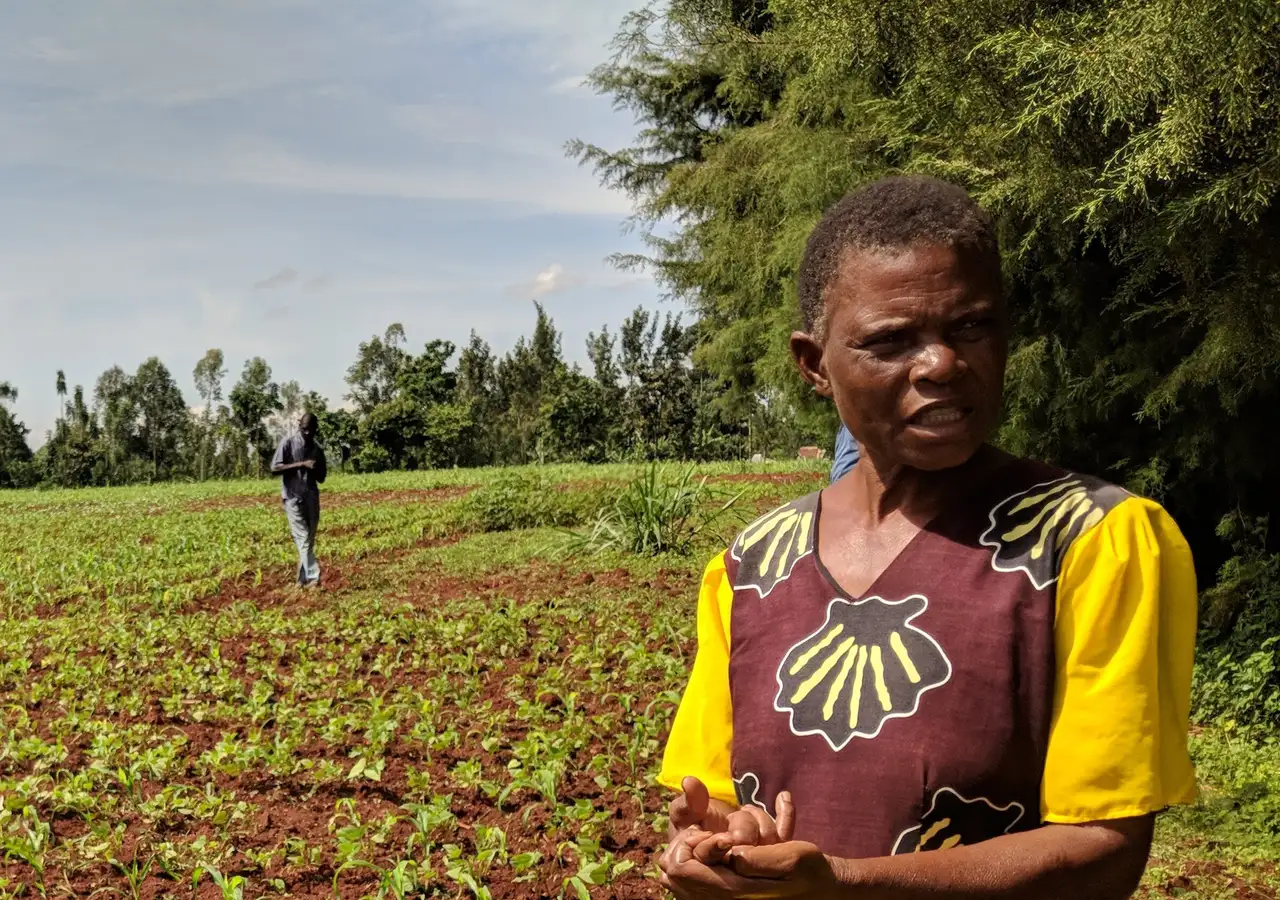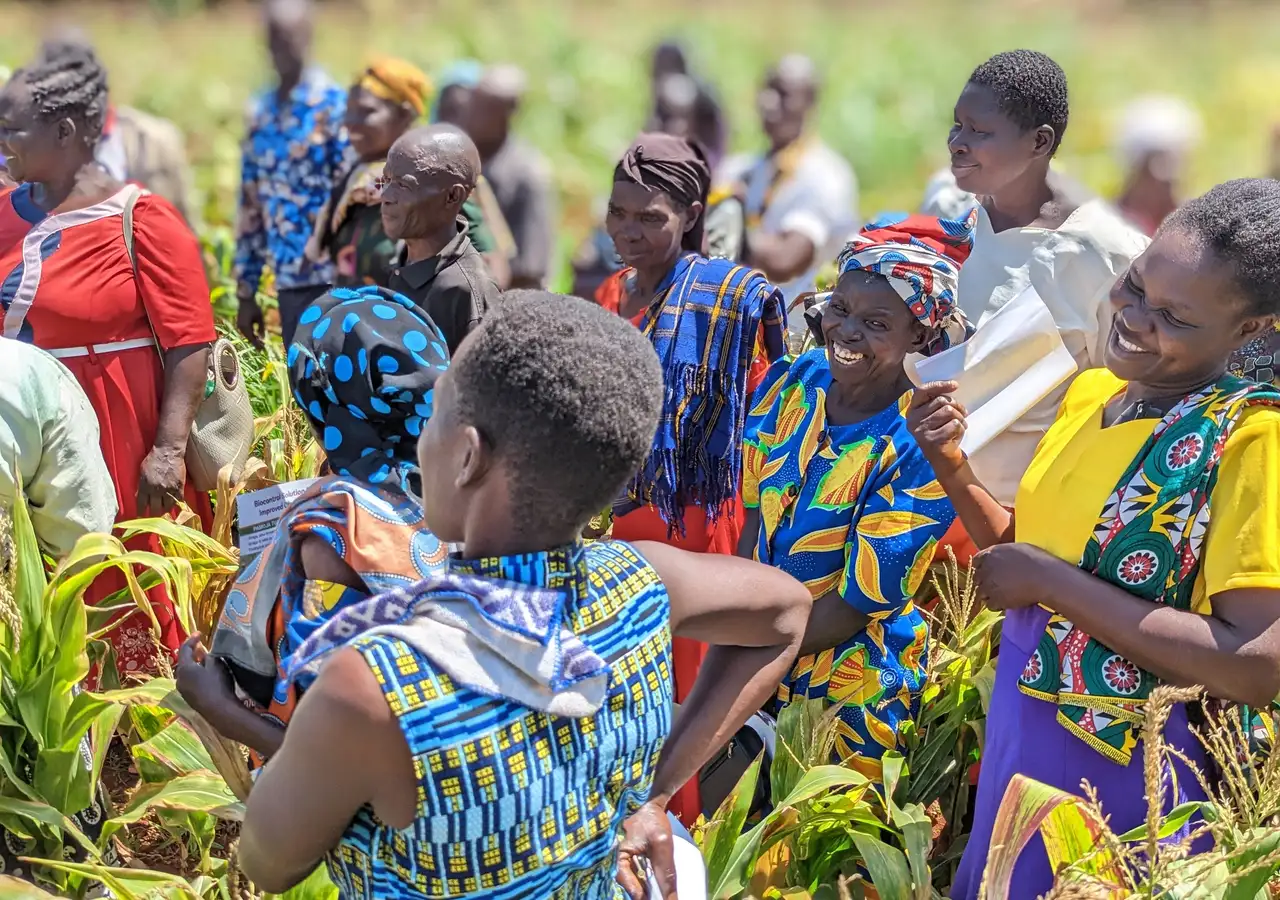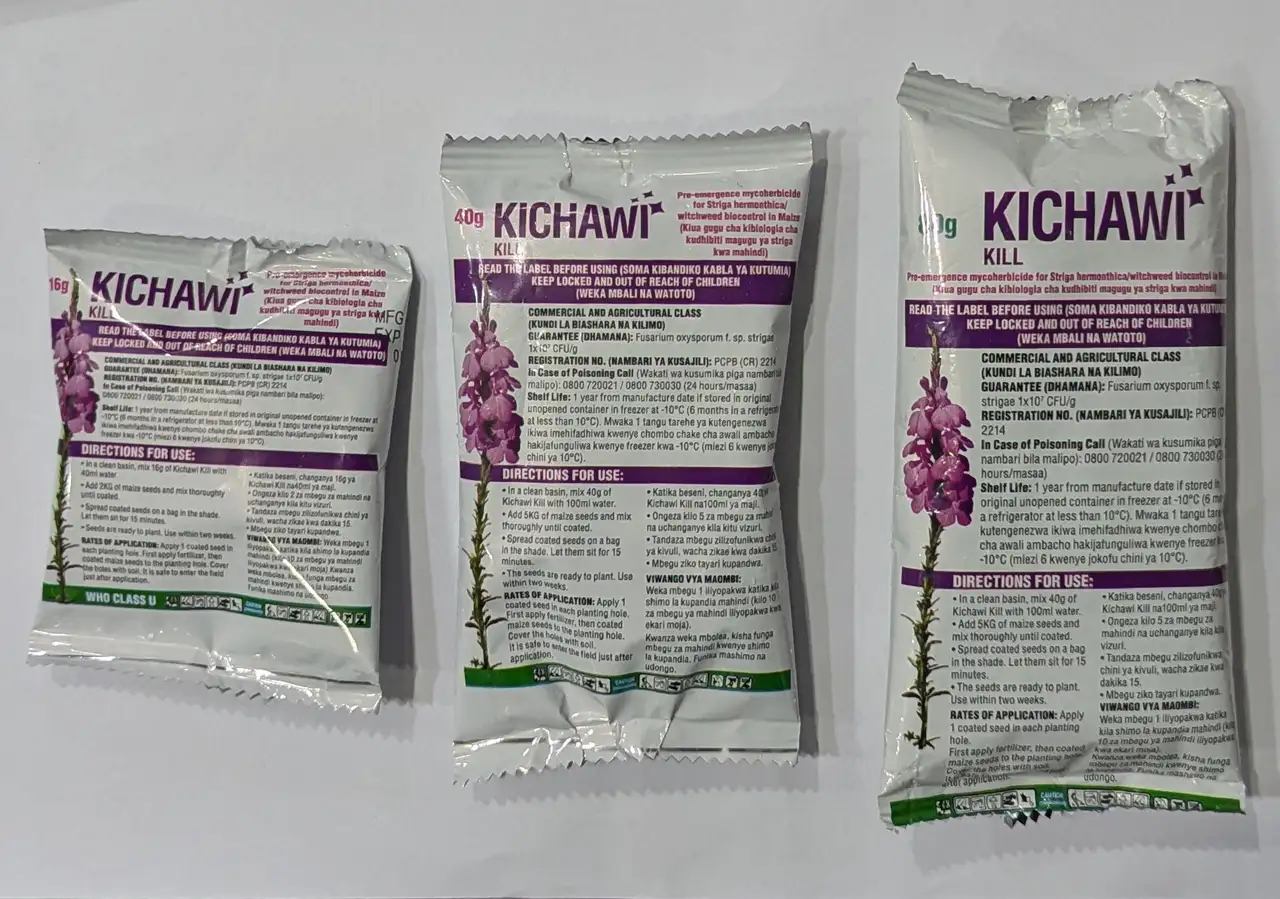The Toothpick Project.
Location
Kenya, Tanzania and Nigeria
Sector
Agriculture
Type of Investment
Grant
Project Stage
Test & Transition
Length of Investment
2025+
Investment Overview
The Toothpick Project is pioneering Kichawi Kill™, a revolutionary bioherbicide that targets Striga (witchweed), one of Africa's most devastating weeds. This fungal-based solution offers smallholder farmers a cost-effective, environmentally sustainable way to combat the parasitic weed that destroys crops and livelihoods across sub-Saharan Africa.
The Development Challenge
Striga hermonthica (witchweed) represents one of Africa's most devastating agricultural threats, a parasitic weed that has evolved an unusual lifecycle specifically designed to exploit staple crops. Unlike ordinary weeds that compete for resources, Striga operates as a parasite, directly extracting nutrients from the host crops, maize, sorghum, millet, and rice plants.
The weed's persistence stems from its extraordinary reproductive strategy. A single Striga plant produces up to 100,000 microscopic seeds that can remain dormant in soil for decades. These seeds only germinate when triggered by specific hormones released by host crops, ensuring the parasite emerges precisely when food is available. Once germinated, Striga attaches to crop roots and begins extracting water, nutrients, and carbohydrates, often inflicting up to 80% of the ultimate yield damage, and severe infestation can result in complete crop failure, before the weed even becomes visible above ground.
The scale of devastation across sub-Saharan Africa is staggering. Fifty million hectares of croplands suffer from Striga infestation, causing over $9 billion in annual crop losses. In western Kenya alone, 340,000 hectares are affected, resulting in $53 million in yearly losses that represent 12.3% of the country's total maize production.
Climate change amplifies this crisis by creating drought conditions and soil degradation that favour Striga proliferation. As rainfall becomes more erratic and soils degrade, crops become more vulnerable while the Striga thrives. Meanwhile, traditional solutions fall short: chemical herbicides are prohibitively expensive for smallholder farmers, environmentally damaging, and increasingly ineffective as the weed develops resistance. For millions of farming families, Striga infestation can mean the difference between food security and hunger, making effective biocontrol not just an agricultural necessity but a humanitarian imperative.

The Innovation
Kichawi Kill™ ("witch killer" in Swahili) represents a breakthrough in biological weed control, developed through a partnership between Montana State University and Kenya Agricultural and Livestock Research Organisation (KALRO). It is the world’s first commercialised bioherbicide for Striga
Key Innovation Components
Local Strain Isolation: Fungal strains are isolated from local soils in each target region, ensuring adaptation to local conditions while avoiding introduction of foreign biological material.
Enhanced Effectiveness: The innovation uses Fusarium oxysporum f.sp. strigae (FoS), a naturally occurring fungal pathogen selected for enhanced effectiveness through overproduction of specific amino acids (leucine, tyrosine, and methionine) that are toxic to Striga but harmless to crops.
Convenient Application: Farmers simply coat their maize seeds with the bioherbicide using a small amount of water. The fungus grows with the crop, attacking Striga seeds as they germinate and preventing attachment to crop roots.
Evolution from toothpicks to powder: The technology evolved from coating toothpicks with fungi for rice inoculation (hence the name "Toothpick") to a dry seed coating powder with a 3-month shelf life (one year refrigerated, two years frozen).
Integrated Approach: Works within existing farming systems and can be complemented by regenerative practices to improve soil fertility, high-quality seeds, and weeding.
Proven Results
- 35-60% yield increases from one season's treatment
- Five additional 90kg bags of maize per acre
- 5-to-10-fold return on investment for farmers
- No negative impact on seed germination rates

Our Investment
GIF has provided The Toothpick Project with a $600,000 grant to support strategic expansion and evidence generation across four key objectives:
- Regulatory expansion: Secure approvals in Tanzania to unlock East African Community's harmonised protocol, granting access to all member states, while establishing entry into Nigeria's market of 20+ million Striga-affected people.
- Scientific evidence generation: Conduct rigorous multi-season studies to validate long-term Striga suppression effects and establish clear farmer guidance on treatment duration and economic returns.
- Price optimisation: Develop pricing strategies that balance affordability for smallholder farmers with business sustainability, transitioning from high-touch distribution to cost-effective partnerships.
- MEL infrastructure: Build comprehensive monitoring, evaluation, and learning systems to systematically capture impact data and customer insights essential for scaling.

The Toothpick Project in numbers
GIF grant investment
acres treated with Kichawi Kill™ to date
small holder farmers reached in Kenya